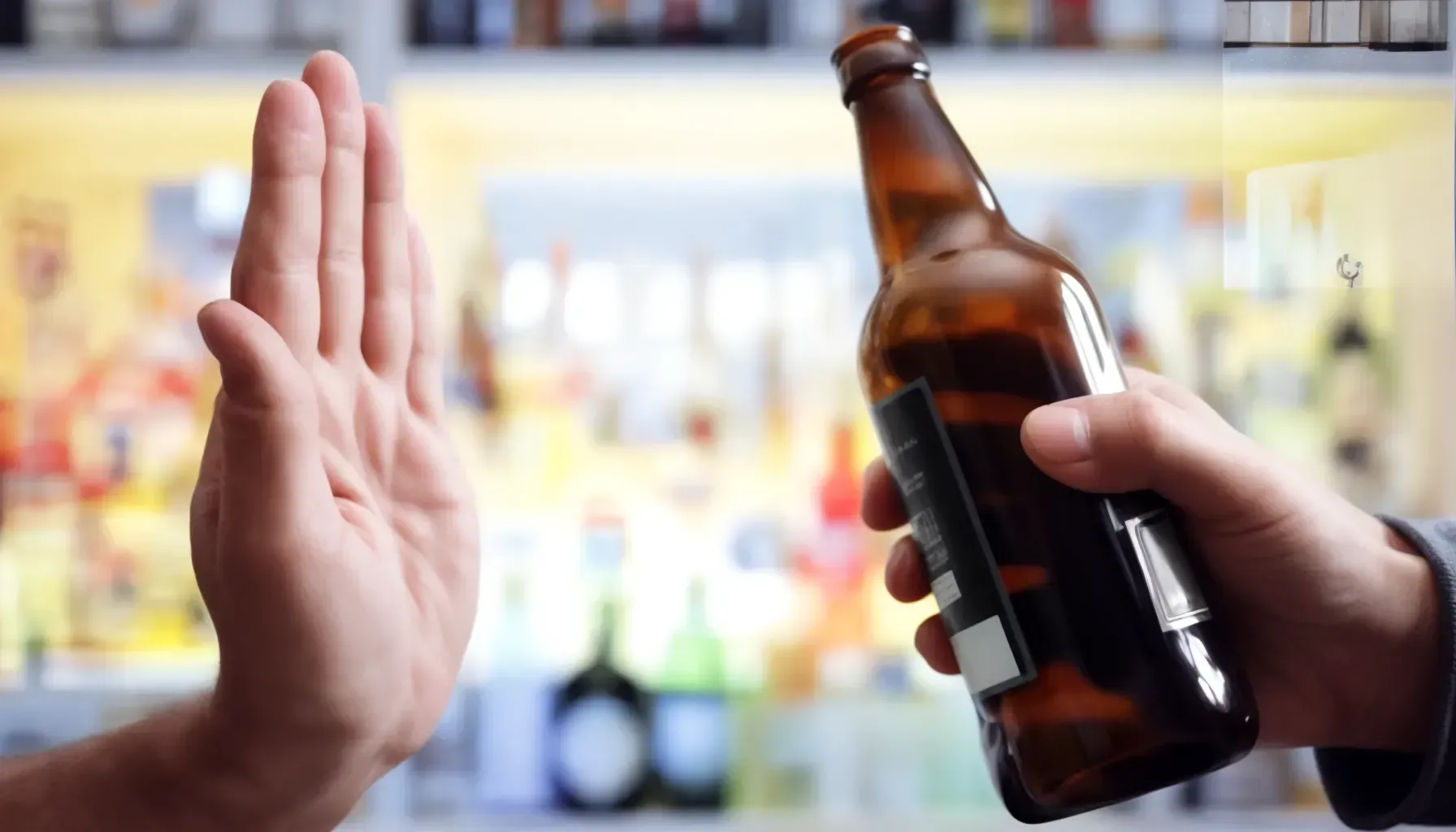Explore Our Blog
Why Boundaries Are a Game-Changer in Recovery
Advance Minds Blog
A safe space to explore subjects within the community such as mental health, substance abuse and personal identity.
Our safe space also provides the opportunity for real individuals to express their hardships and success through writing.
Boundaries are the invisible lines that protect your emotional, mental, and physical space. They define what’s okay for you — and what’s not.

In recovery, boundaries help create safety.
They keep you from being pulled back into old patterns, relationships, or environments that could trigger relapse.
Without boundaries, it’s easy to feel overwhelmed, drained, or stuck in people-pleasing cycles.
🔁 Addiction Often Comes with Boundary Issues
Before recovery, boundaries may have been unclear or completely absent.
Substance use can blur lines in relationships and decision-making.
Common signs of boundary struggles:
😓 Saying yes when you want to say no
🔥 Taking responsibility for other people’s emotions
😶 Avoiding conflict at all costs
🔁 Repeating toxic relationship patterns
🧱 Feeling resentful but not expressing it
Learning boundaries is like learning a new language — awkward at first but empowering over time.
🛡 How Boundaries Protect Recovery
Healthy boundaries give you space to focus on healing and reduce stress. They help you:
📵 Say no to things that drain or harm you
📍 Stay grounded in your values
🔒 Avoid enabling others or being enabled
👥 Build healthier, more respectful relationships
⛔ Distance yourself from toxic or high-risk environments
Boundaries aren’t walls to keep people out — they’re filters to protect what matters most.
🪜 Steps to Build Better Boundaries
1. 👀 Notice Where You Feel Drained
Pay attention to the situations or people that leave you feeling uncomfortable, guilty, or overwhelmed.
2. ✍️ Define Your Limits
Ask yourself: What behavior is okay with me?
What isn’t? What do I need more or less of?
3. 🗣 Communicate Clearly
Use calm, respectful language.
“I’m not available for that.” or “I need some space right now.” is enough.
4. 🧍♂️ Expect Resistance
People who benefit from your lack of boundaries may push back.
Stay firm. Their reaction isn’t your responsibility.
5. 🔄 Practice and Adjust
Boundaries are not set in stone.
They evolve with your growth, needs, and confidence.
💬 Boundary Examples in Recovery
🚫 “I can’t be around people who are using.”
📅 “I need to leave early to get enough rest.”
📞 “I’m not available to talk about that topic right now.”
💬 “I’m working on putting myself first — please respect that.”
Each time you hold a boundary, you teach others how to treat you — and you teach yourself that your needs matter.
Final Thoughts ✨🧩
Boundaries aren’t selfish — they’re self-respect in action.
In recovery, they help you break free from guilt, codependency, and chaos. They give you the space to rebuild your life on your own terms.
Protecting your peace is not a luxury. It’s a necessity.
Boundaries aren’t just a tool — they’re a foundation for lasting healing.

















